|
Join LWV UMRR for a panel discussion on Zoom - August 15, 2024 at 7pm. Salt is a big problem for streams, lakes and rivers in the Upper Mississippi Basin. Salt - sodium chloride - breaks down into sodium, which is absorbed on soils, and chloride, which moves freely through soil and builds up in water bodies. (Read more about trends in chloride in this post!) Once salt goes down on roads or sidewalks, it doesn't go away. Salt levels are rising in lakes, streams, and rivers in Illinois. Overuse of salt during the winter can damage our built and natural environments. We can protect our natural resources and reduce road salt without sacrificing safety. Working towards better practices is a multi-faceted endeavor. Programs like the Salt Smart Collaborative, a program of The Conservation Foundation, encourage the use of Salt Smart practices in winter maintenance operations. Salt Smart practices are the best practices for winter maintenance operations that reduce salt use and provide safe surfaces. Resources (like workshops and trainings, the Salt Smart Certified program, and targeted outreach materials) are made available through the Salt Smart Collaborative to transportation agencies, municipalities, park districts, and private contractors to encourage and support the adoption of the best practices for salt use. This event on August 15 will help us to build our understanding on this important topic in water quality! This graphic from the Minnesota Pollution Control Agency shows the sources of salt (chloride) in the environment. States like Minnesota, Wisconsin and Illinois have programs to address chloride, and in our upcoming program on August 15, we will hear about these programs. Our speakers will be Hannah Miller, Watershed Program Manager with The Conservation Foundation in Illinois; Allison Madison, Manager of the Wisconsin Salt Wise Program; and Brooke Aslesen, Watershed Specialist with the Minnesota Pollution Control Agency. This panel will share information on salt managment programs in their respective states, which will provide a background for understanding this topic. Both the Minnesota and Wisconsin legislatures had bills on salt management in the 2024 sessions. It is important for advocates to understand the background of currrent practice as we move into the 2025 session. The Minnesota bill (HF3565 and SF3954) died in the 2024 legislature, and Governor Evers vetoed the Wisconsin bill (Senate File 52). Background and References: LWV Duluth Environmental Action Committee Meeting & Izaak Walton League January 17, 2024 "Putting Duluth on a Low (Road) Salt Diet" Click here to view the recording of this presentation This recording features a panel of three speakers from New Hamshire, which has implemented a salt program which is a model for other states. UMBRA Report on Mississippi River Water Quality (Upper Mississippi River Basin report) Decades of Road Salting Is Polluting the Mississippi River (Milwuakee Journal Sentinal) The Impact of Road Salt on Local Waterways (Wisconsin legislation) SPEAKERS FOR THE AUGUST 15 EVENT: Hannah Miller, Illinois Allison Madison, Wisconsin Brooke Aslesen, Minnesota Hannah Miller, The Conservation Foundation Hanna Miller is a Watershed Project Manager at The Conservation Foundation working on reducing the impacts of chlorides. She is the workgroup coordinator for the Chicago Area Waterways Chloride Workgroup and the co-coordinator for the Salt Smart Collaborative. Hanna graduated from Hamilton College with a degree in Geoscience. Outside of work, Hanna can often be found cycling along one of the many waterways in the Chicago area. Allison Madison, Wisconsin Salt Wise Program Allison Madison is the Wisconsin Salt Wise Program Manager. Since assuming her role in June 2020, she has spearheaded collaboration around salt reduction in watersheds across the state. Her work takes her to mall parking lots, urban streams, County Highway shops, and the Capitol building. Allison has 10+ years of experience in science and sustainability education in both formal classrooms and National Parks. Allison graduated from St. Olaf College and has a joint MS in Environment and Resources and Soil Science from the University of Wisconsin. She's passionate about protecting Wisconsin's freshwater resources and celebrating their beauty by paddling, swimming, cross-country skiing, etc. Brooke Aslesen, Minnesota Chloride Reduction Program
Brooke Aslesen has worked at the Minnesota Pollution Control Agency since 2007 where she works collaboratively with federal, state, local partners, and research institutions to protect Minnesota’s water resources. She has been working on chloride and water quality issues at the MPCA for over 16 years. The core of that work has been developing partnerships with a wide variety of experts and professionals to develop strategies that reduce chloride while supporting public needs. Brooke now coordinates the MPCA’s Chloride Reduction Program that includes the highly successful Smart Salting training program as well as the new Chloride Reduction Grant program, the Smart Salting Tool and many other resources to help communities and organizations reduce salt use and protect Minnesota's water resources. Brooke earned her Master’s degree in Water Resources Science from the University of Minnesota. Her undergraduate degree is in Environmental Science with a minor in Soil Science also from the University of Minnesota. Prior to attending graduate school, she worked in the Metropolitan Council’s Metro Wastewater Treatment Plant lab.
In this video, our speakers talked about watershed restoration and how natural infrastructure is so much more effective at flood control than constructed dams, impoundments and hardscapes. An interesting Q&A followed, moderated by Jenny Whidden, Climate and Environment reporter from the Daily Herald and brief remarks by Illinois State Senator Laura Ellman, author of recent legislation to protect Illinois wetlands left unregulated by the Sackett decision. Each speaker started out by discussing their journey to becoming a water resource professional and the watersheds they are tied to. The organizations represented in this event, and the people who represented them: LWV UMRR - Gretchen Sabel, Communications Director DuPage County Stormwater Division - Sarah Hunn, Director, DuPage County Stormwater Management Forest Preserve District of DuPage County Eric Neidy, Director of Natural Resources SCARCE - Kay McKeen, Founder and President Above: Sarah Hunn, Kay McKeen and Eric Neidy
With help from a grant from the Mississippi River Network, LWV UMRR and artist Christine Curry will be showing up at venues up and down the river with this display. Come and see it when it's in your area! Here's a partial list - sign up to get updates as we travel! Friday, April 12-20: Pure Iowa Water—Pop Art Exhibit Opening Reception Friday, April 12 from 2 to 4 p.m. at the Galena Public Library, Galena, Illinois. Exhibit remains on display until April 20th. For more details, click here. Monday, April 22-23: Pure Iowa Water—Pop Art Exhibit will be at the Musser Public Library in Muscatine, Iowa with a special Earth Day program starting at 6 p.m., Monday, April 22nd. For more details, click here. Wednesday, April 24-25: Pure Iowa Water—Pop Art Exhibit will be at the Environmental Learning Center in Muscatine, Iowa, with a special presentation at Thursday, April 25th at 10 a.m. For more details, click here. Many more dates to come, from St. Paul to St. Louis! Sign up to get updates and come see the exhibit when it comes to a river town near you! May 29 at 7pm - Join LWV UMRR as we host Riverlorian Steven Marking!
*A Riverlorian is defined as follows: "One who studies rivers and shares all aspects of navigation, nature, history, legends & lore with anyone who will listen. This could expand into river related topics that interest the Riverlorian and possibly even the audience."
by Nancy Porter, Co Chair, LWV UMRR ILO and LWV Representative to MRN THE MISSISSIPPI RIVER NETWORK (MRN) Annual meeting was held in Memphis, Tennessee on October 24, 25, 26, 2023. The LWV Upper Mississippi River Network InterLeague Organization which represents local leagues from Iowa, Minnesota, Wisconsin and Illinois, (and currently working with Missouri) is a member of the MRN with sixty-eight (68) other groups across the nation. These member groups include Sierra Club, American Farmland Trust, American Rivers, National Wildlife Federation, Friends of the Mississippi River, Iowa Environmental Council, Tulane Institute on Water Resources Law & Policy, among many others. Our representation has grown from forty member organizations to the sixty-eight (68) current members since I have been your representative beginning in 2019. (Covid was a bleak time for all of us.) Because you belong to the LWV, you are also a member of the LWV UMRR-ILO. Our local LWVJC joins the UMRR-ILO for a $25 annual fee. MRN’s policy goal is to advance federal and state policies that promote, just, equitable, and resilient communities through: protecting and restoring ecosystem form and function, reducing impacts of agricultural and urban runoff pollution, and defending bedrock environmental legislation. At our annual meeting we plan for the upcoming year including policy and engagement and involvement and development. We hear from the MRN staff about their equity work and discuss the equity issues in our communities. We discuss and approve the 2024 policy priorities, learn about federal funding and get an update on the Mississippi River Region Initiative. We discuss education and outreach details for 2024 (the following year) and how one can participate. I have been an active member of the Engagement Committee since joining the MRN. We are fortunate to have Michael Anderson as our leader and monthly facilitator at our committee meetings. Vibrant Kelly McGinnis is our official CAO. She began the meeting this year by stating we were in need of some changes to meet new challenges. Last year we added a director of fundraising, Gretchen Hagle, Development Director. Maisah Khan is our enthusiastic and knowledgeable Policy Director. She leads through Farm Bill discussions and and actions and directs policies that promote just, equitable, and resilient communities including reducing impacts of agricultural and urban runoff pollution. Today we took a field trip on the Mississippi River by the banks of Memphis on the Island Queen. We went around Mud Island and watched two barges float by pushed by a tow boat. We went under four of the bridges that cross the River in Memphis. Two bridges were for railroad trains and two bridges were for cars.
Last night we dined at a Brewery and had plenty of time for great visits with our colleagues. Games of Corn Hole and walks down Beale Street while jazz music filled the air, were part of the evening while we networked and learned from each other. Most of our brainstorming is done in small groups or pairs to generate and records our ideas. Our meeting concluded with a steering committee meeting directed by Maisah. We are full of new information and a mission to increase membership, raise funds so we can continue to develop new ideas and people to protect and sustain our Mississippi River. We have new direction for our Mississippi Days of action and celebrating the River. Our goal is to bring in more groups and create educational opportunities to allow for better understanding and more interaction. The Mississippi River is truly America’s River. It is the third largest River in the world, it furnishes drinking water for over 20 million people, it is a diverse habitat for wildlife, and the backbone of our economy. Along with weak reinforcement of water laws, land pollution from farms, factories, fertilizers, and untreated sewage our great River is in decline. Together, we can protect the River for future generations.
CO2 pipeline companies are having limited success in getting the land easements and permits they need to complete their projects. The EcoJustice Collaborative in Illinois reports regularly on CO2 progress in their blog -check it out at this link. Pam Richart from EJC will be a panelist on Dec 4. She cofounded the Coalition to Stop CO2 pipelines in January, 2022. Since that time, she has been leading the campaign to stop CO2 pipelines throughout central Illinois. The coalition includes 13 organizations, and hundreds of active landowners along the pipeline route. The Coalition’s campaign includes education of landowners and elected officials that has led to the adoption of resolutions and moratoriums in impacted counties, and intervention before the Illinois Commerce Commission (ICC), which is where the pipeline can be stopped. The Coalition maintains a website that documents progress of the campaign, as well as includes resources for landowners, including webinars prepared by the Coalition. In Iowa, the Sierra Club has taken the point in statewide work on the CO2 pipelines. Updates are posted on their website here. In October of 2022, we had Jess Mazour speak on pipelines - you can view the video of her talk at this post on the UMRR blog. On December 4, we will host Jan Norris, an activist from Montgomery County, Iowa, who will report from the frontlines of local pipeline opposition. CURE has been following pipeline progress in Minnesota, and leads action through their project, Carbon Pipelines Minnesota. This webpage has information on current events in Minnesota. Several of the pipeline projects are intended to transport CO2 from Iowa and Minnesota to North Dakota. North Dakota denied Summit's permit application in August, it's now being reproposed. This article on the Associated Press website says: [The North Dakota utility regulators} last month unanimously denied Summit a siting permit for its 320-mile proposed route through the state, part of a $5.5 billion, 2,000-mile pipeline network that would carry planet-warming CO2 emissions from 30-some ethanol plants in five states to be buried deep underground in central North Dakota. Supporters view carbon capture projects such as Summit’s as a combatant of climate change, with lucrative, new federal tax incentives and billions from Congress for such carbon capture efforts. Opponents question the technology’s effectiveness at scale and the need for potentially huge investments over cheaper renewable energy sources. The panel denied the permit due to issues the regulators said Summit didn’t sufficiently address, such as cultural resource impacts, potentially unstable geologic areas and landowner concerns, among several other reasons. The pipelines would pass through South Dakota, which also denied Summit Pipeline's permit application. This September 11 2023 article on the Associated Press website states that the South Dakota Public Utilities Commission unanimously turned the request down. Without access to the North Dakota CO2 depository, the pipeline projects have to keep redesigning their projects. Why are carbon pipelines being proposed? Why are investors and the federal government putting money into these projects? We know that carbon in our atmosphere is causing the earth to warm, which will disrupt our climate and all life on earth. Reducing or eliminating carbon emissions is critical, and there are many different ideas about the best ways to do it. One controversial approach we've been taking for the past two decades is to switch from fossil fuels to 'biofuels' - ethanol and biodiesel. In this post on the UMRR Blog, we reported on a February 2022 report that looks at the utility of ethanol as an option for reducing carbon emissions. The ethanol industry is seeking ways to improve its environmental performance, especially as relates to carbon emissions. One way to do this is to capture the carbon that is released into the atmosphere. The pipelines would move the captured and compressed CO2 to eventual storage and/or reuse. The first two short YouTube videos following provide some more background on why the ethanol industry sees carbon capture as a way forward. The third is a video that provides more information on the process of capturing carbon from industries.
Carbon capture is part of President Biden's climate plan. This link goes to an article in the MIT Review interview with Shuchi Talati, chief of staff at the Department of Energy's Office of Fossil Energy and Carbon Management. Here, Talati talks about the need to have a range of processes for reducing carbon. We have included a number of references at the end of this post that provide more information on pipeline technology and DOE work on carbon capture. Carbon pipelines are currently used in Texas to transport CO2 for use in extracting oil from spent oilfields, there are also links to information on this practice.
Our guest speaker was Rob Lee, staff attorney for Midwest Environmental Advocates (bio below). Rob provided a brief history of the Clean Water Act (CWA) prior to 2015 regulations defining Water of the US (WOTUS), and the 2020 Navigable Water Protection Rule. Then he'll talk about the May 2023 Supreme Court Ruling and the now revised regulations just issued by US EPA and the Corps of Engineers with a final revised definition of Waters of the US. Once Rob has set the stage, LWV UMRR's Gretchen Sabel will present information on the status of wetland regulation in the UMRR states based on a 2022 analysis by the Environmental Law Institute, followed by a look at LWV positions that relate to actions supporting strong implementation of the CWA. We'll round out the hour with discussion period led by LWV UMRR Chair Mary Ellen Miller. You'll find more information on the Sackett decision here and here on the LWV UMRR blog. Here's a link to an excelllent blog article by Jared Mott of the Izaak Walton League that also provides background. Are you familiar with the story of the duo that RAN down the entire Mississippi River in 2019? Did you know that along the way, they deeply listened, learned, and gathered the voices and stories of 600 people? Three years later, the next chapter of the epic saga is here... On Tuesday, November 1st at 6 pm CT, join Relay of Voices via Zoom for the launch event of their all-new storytelling platform! At this event, project creator Victoria Bradford Strybicki will release the first of nine chapters and explain the power of this new interactive platform. The event is co-hosted by Mississippi River Network Outreach Manager Michael Anderson and features testimonials from River "voices" and a Q&A. Register here to receive the Zoom link! Stories are an excellent path to people's hearts, and we look forward to the unveiling of this new resource for all of us. LWV UMRR is a member of the Mississippi River Network. We thank them for their wonderful programs and diligent work on behalf of the River.
Chicago's local forest preserves are a treasure. Join LWV Chicago for a series of naturalist-led walks in the woods of Chicago. All are welcome – bring a friend! Click the link for each walk below to learn more and register.
LWV Chicago is a supporter of the Cook County Forest Preserve VOTE YES referendum coming up on the November ballot—voters will have the opportunity to vote YES to protect clean water sources, air quality, and wildlife in Cook County. A property tax increase of 0.025% (less than $1.66/month for the vast majority of homeowners) will protect, restore, and expand the Cook County Forest Preserves. LWV Chicago has the following walks planned. Please share this and encourage others to register for the walks. The only way people can understand the importance of Voting Yes for the November referendum is to get out into the woods! Anyone can learn more and to register for the walks by clicking on the links: Dan Ryan Woods Wednesday, June 8, 10:00 AM–Noon S Western Ave & W 87th St Beaubien Woods Tuesday, July 19, 10:00–11:30 AM W Doty Ave S, southeast of E 130th St & S Ellis Ave Schiller Woods Wednesday, August 3, 10:00–11:30 AM W Irving Park Rd, east of Des Plaines River Rd Catherine Chevalier Woods Thursday, September 15, 10:00–11:30 AM N East River Rd, north of W Foster Ave The answer is that Congress is one piece – an important one – of the solution to the Mississippi’s woes. In the UMRR Annual Meeting, we will have an exciting panel of speakers to talk about bills currently in the US Congress that have the potential to greatly affect our river. We will also explore the idea of a “compact” between river states to protect the river from water diversions. This session will set the stage for the work that LWV UMRR will tackle in the years to come. Join LWV UMRR for this session on May 21 at 10:30. This meeting will be held in Webinar format on Zoom - pre-registration is required. Click this link to pre-register! You will receive the link to the meeting by return email; we will send reminders in May, including on the 21st. Registration is open until the meeting starts on May 21 at 10:30. We have a great slate of panelists for this session - representatives from other organizations working for the river and leading work on federal bills and big ideas. We will cover the Mississippi River Restoration and Resilience initiative (MRRRI), the Safeguarding the Mississippi River Together initiative (SMRT), the Farm Bill reauthorization and a big idea - the notion of an Upper Midwest Compact to protect the waters of the Mississippi from diversion. Our speakers represent organizations that are working to protect the Mississippi.
|
| LWV Upper Mississippi River Region | UMRR blog |







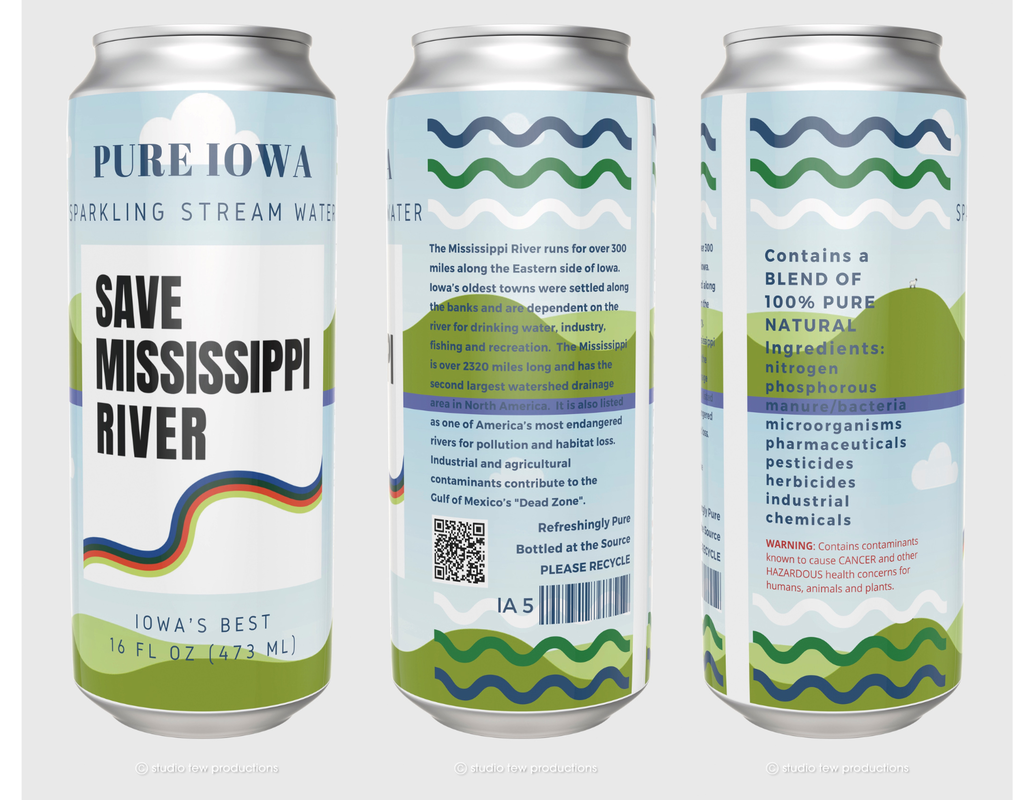
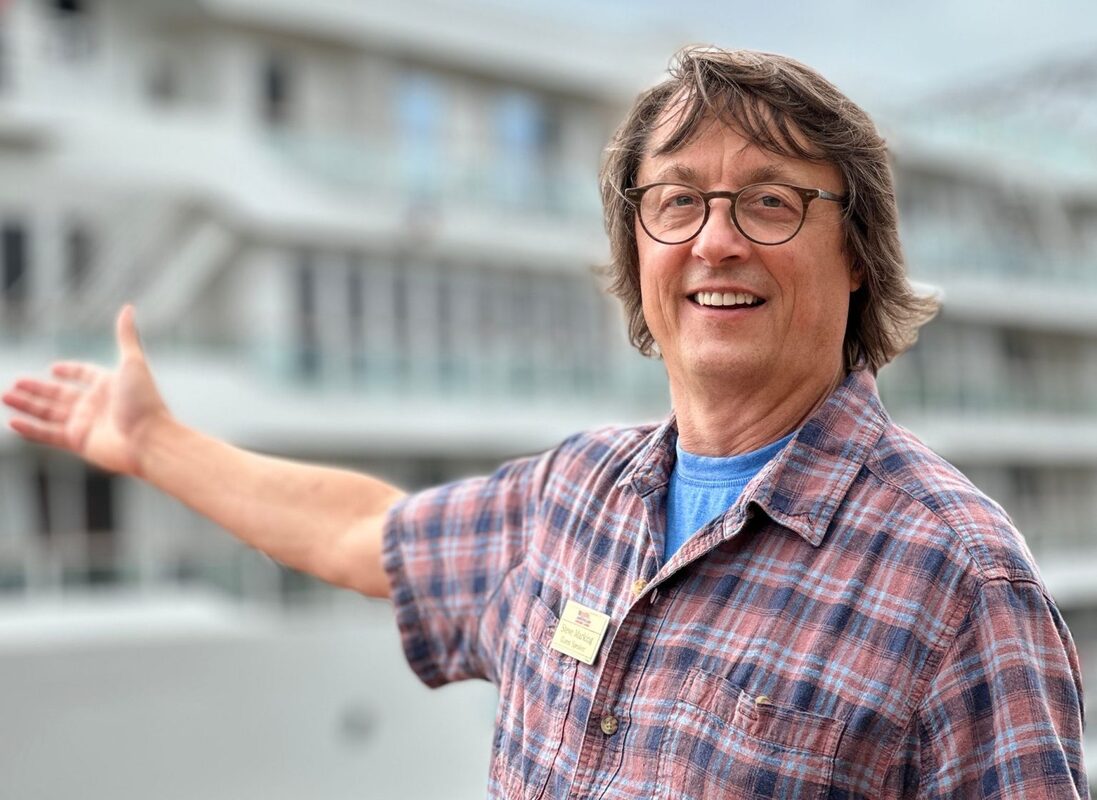
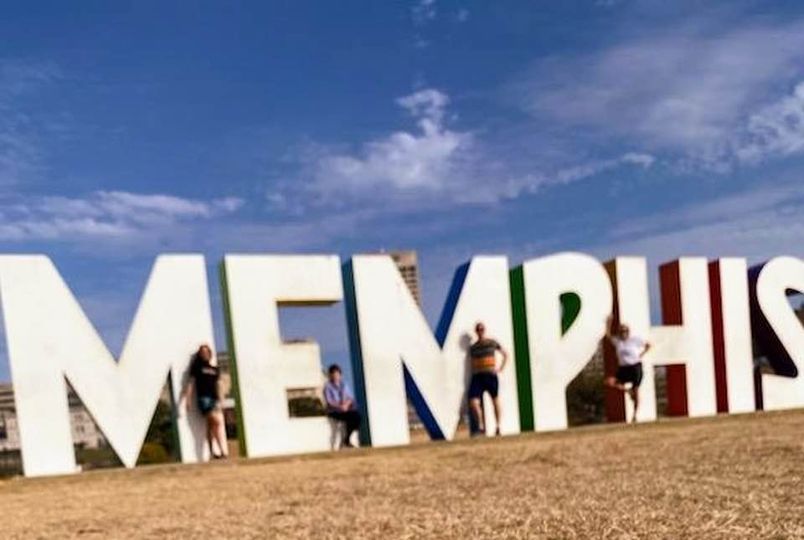
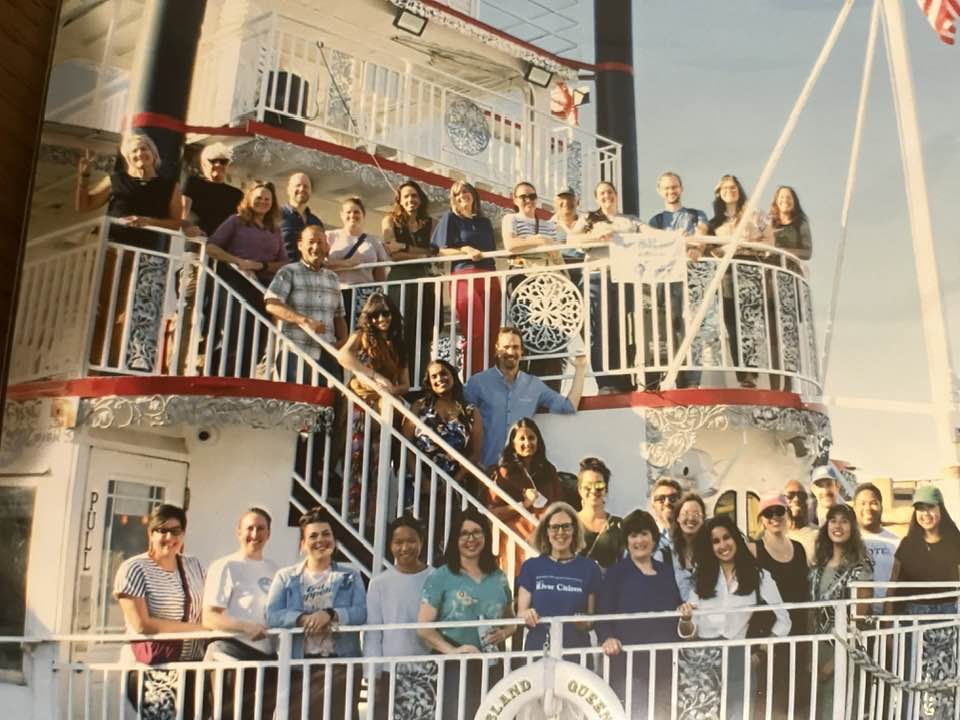
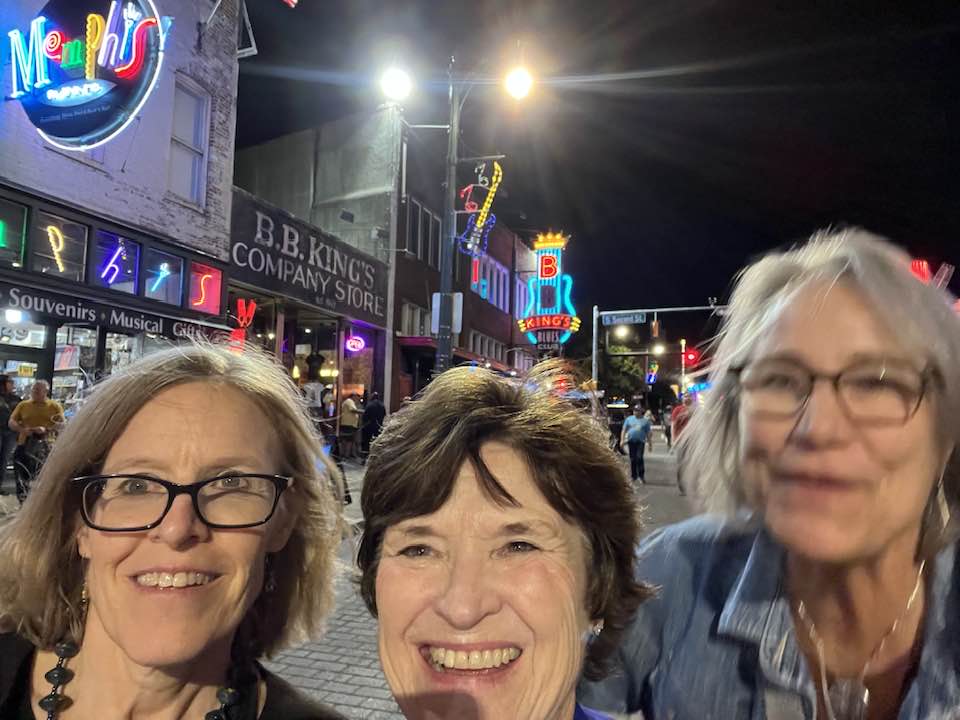
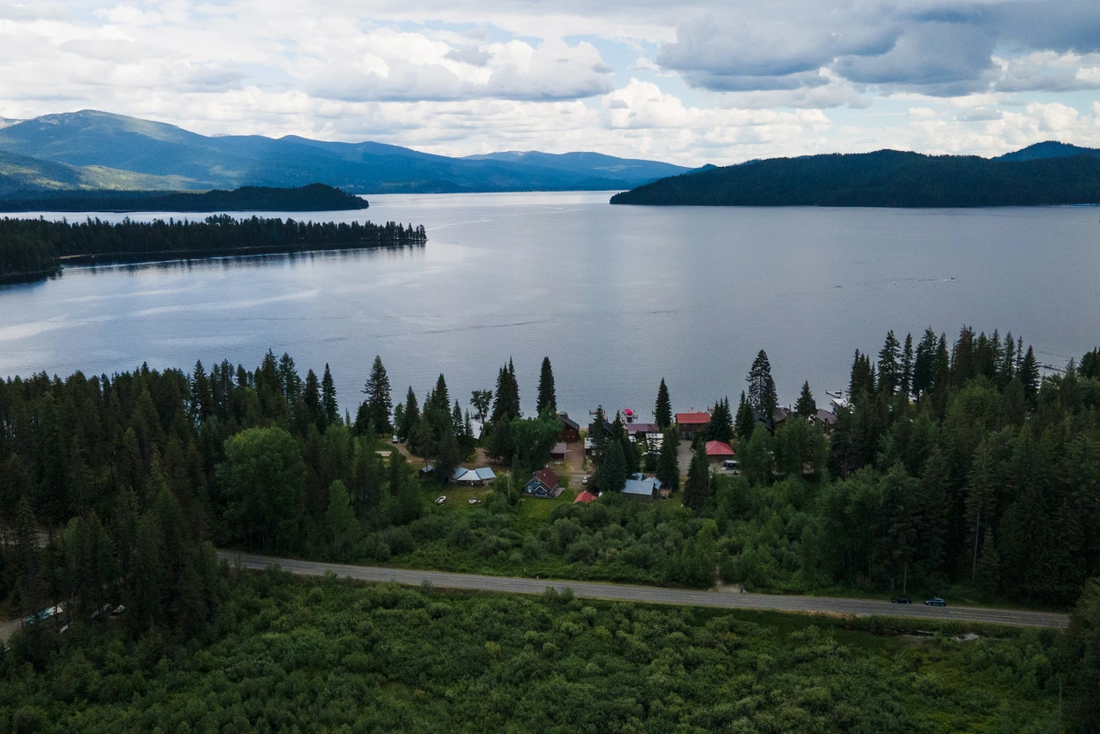
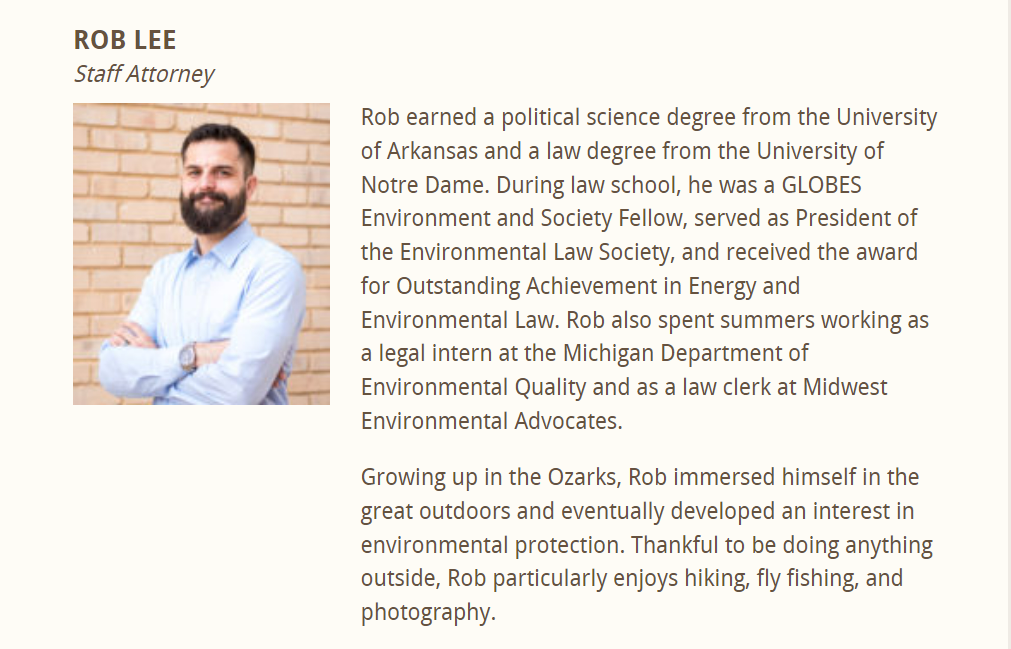
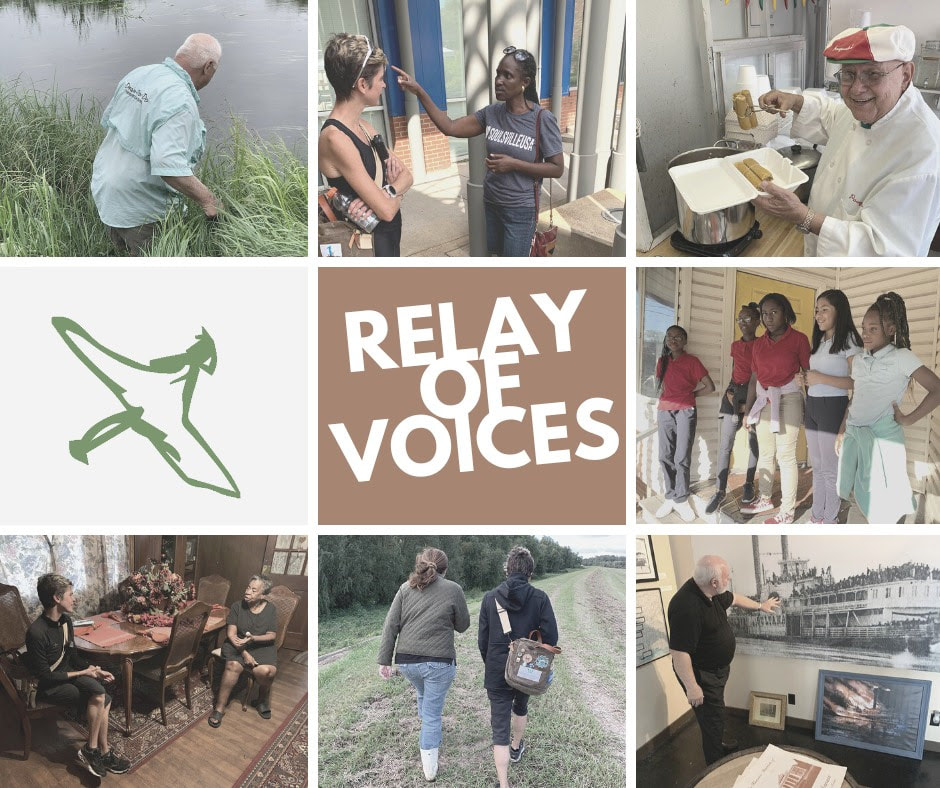


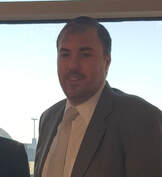
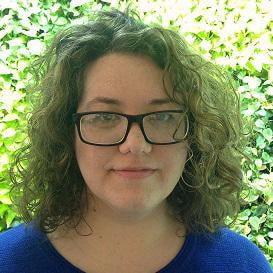
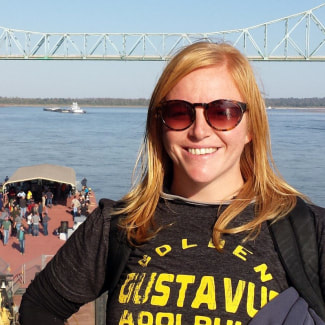
 RSS Feed
RSS Feed